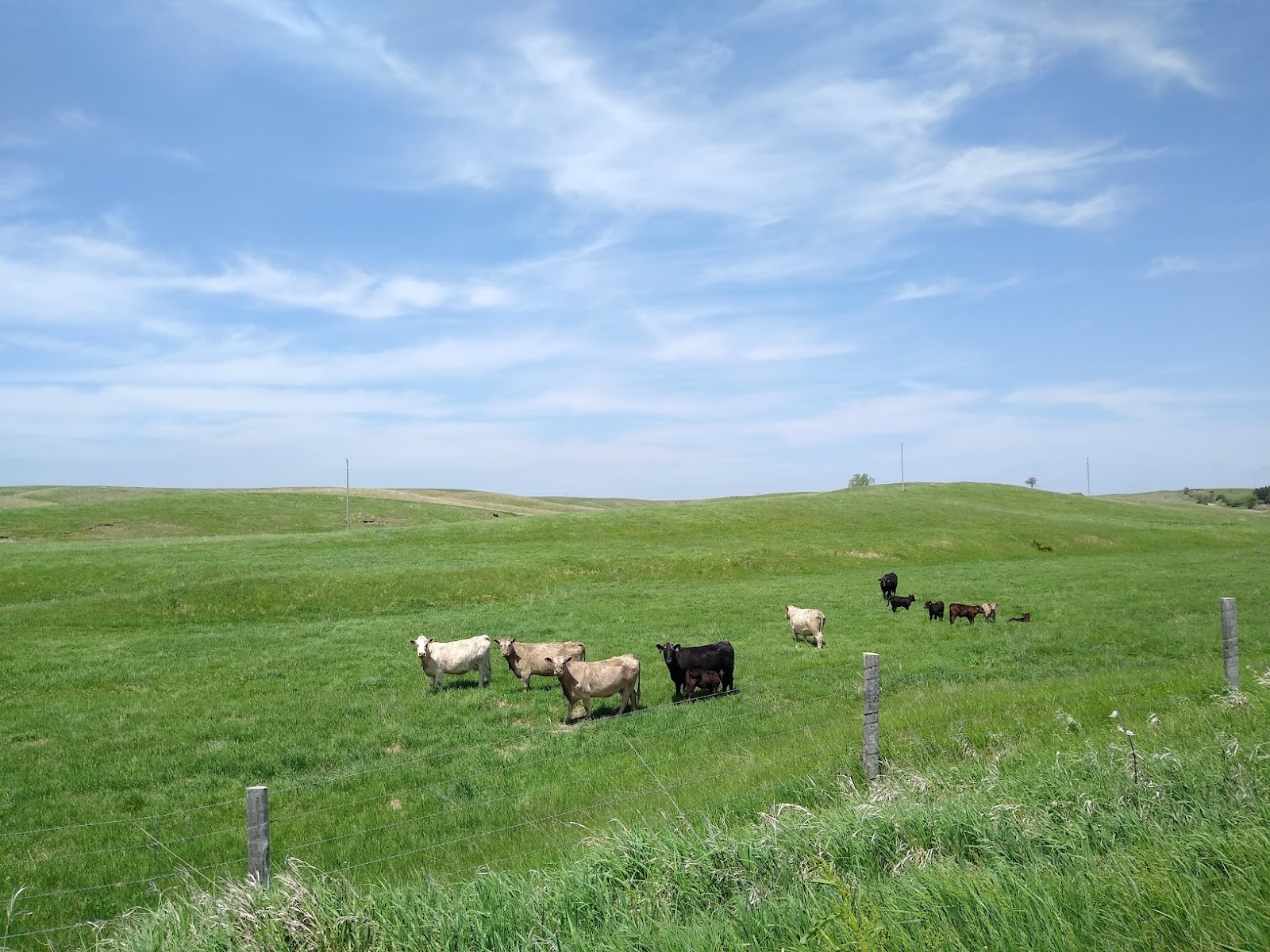Yes, we are having another baby! Our new baby boy is 17 weeks old and growing!
And yes, this is a good, good thing.
My husband and I are blessed with three children now, two who have been born, and we couldn't be more grateful for the love and support we have found over the last couple years in starting our family.
After the first baby, a lot of things are different, and one thing that's stuck out to me in this most recent pregnancy is the change in tone when people find out.
I just want to say this isn't a complaint. I'm very excited to have another new baby join the club, and I don't need others to validate me because I know all new life is a gift from God. But it's weird how the negativity seeps in further with each new addition. People will be happy for you, but there's a wariness to them. A fear that maybe this time the new baby won't be a blessing but a burden.
I'm past the point of wanting people to say different things. Everyone's going to say something, and I shouldn't expect them to shape their though process to what fits my worldview best. There's been plenty said to me by the few people I told about this pregnancy early, and all of it varied widely--even though everyone in my life we shared our news with is supportive and wonderful.
I said before I don't want to expect people to change their words to suit me, and that's true. But I do think the way we talk about things matters. It matters because our words shape our perceptions more than we'd like to admit, and the words we hear from others operate in the same way. In our society we're accustomed to labeling children as a burden. When we Christians, who should know better than anyone what a blessing a baby is, who follow a God who has never said anything but positive things about children, start to absorb this worldview, it comes out even when we are happy about a pregnancy.
That's how you end up congratulating someone on a new baby and in the same breath saying,
"Children are expensive."
"Pregnancy is traumatic."
"When are you going to be done?"
"They'll be so close in age, you'll be exhausted!"
"Bet your husband is planning his vasectomy already!"
"I'm just glad it's you and not me."
These are all things I've heard people say to expecting moms (most of them to me) upon their pregnancy announcement. As if they feel compelled to temper their joy with a dose of reality. And I've been guilty of the same thing myself. Why do we feel we have to do this?
I think life so often disappoints us that we feel the need to buffer our happiness with a layer of doubt. We stop ourselves from diving in to the joy of life because we don't want to be taken by surprise when things are hard. We project our own fears or struggles onto other people because we don't want them to suffer. We fear that if we experience joy too fully, it might seem to others that we don't see their hardships.
This kind of thing is not only unhelpful, it's dumb. I say that from experience. It's dumb not to allow yourself to appreciate blessings, for any reason. It's dumb to let your anxiety taint the joy of others. It's dumb to look at a good thing and, because it isn't easy or because we live in a world full of bruises, to say that it might actually be bad. Good things are good, and they can be good even here.
Our mindsets need to change on this. Yes, having children isn't all rainbows all the time. Nothing is. That doesn't mean every child isn't a masterpiece handcrafted by God.
If motherhood has taught me one thing it's that I can't control everything. I actually pretty much control nothing. And any time I start feeling it's my responsibility to ensure that everything is the way it should be for my babies, God sees fit to remind me that ultimately it is He who takes care of all of us.
He's taken care of me my whole life, and He takes care of my children.
He takes care of the children whose mothers don't. Who've been abandoned by their fathers or shunted into the system. He watches over every soul on this earth, the forgotten, the lonely, the impoverished, the enslaved. He knows their circumstances better than even their parents could. And He loves them better than anyone. Children are precious to the Lord, their Creator. So how can I see them as anything but precious, a thing to be cherished, a gift to be in awe of every day?
Not every mother can see this, or has ever even heard this truth about her children. But we followers of Jesus are ambassadors of His truth, His light. We should take this responsibility seriously, not using our words to discourage, but to uplift.
You're worried a mama you know is going to have a hard time--so what? It's the perfect opportunity to ask her if she needs anything. To come alongside her and let her know you love her and her baby and want the best for both of them. To not discourage her by saying something negative.
Next time you speak to a mama, encourage her. Affirm that her baby (or babies) are loved and created for a purpose. Rejoice with her! Let God open your heart to her. If she has needs you can meet, give generously to her family. We don't have to let joy blind us to need--we should joyfully participate in the will of God to meet those needs. That way, we don't keep our joy hoarded away, not to be shown. Instead we get to share it with others, and point to the One who makes our joy complete.






















